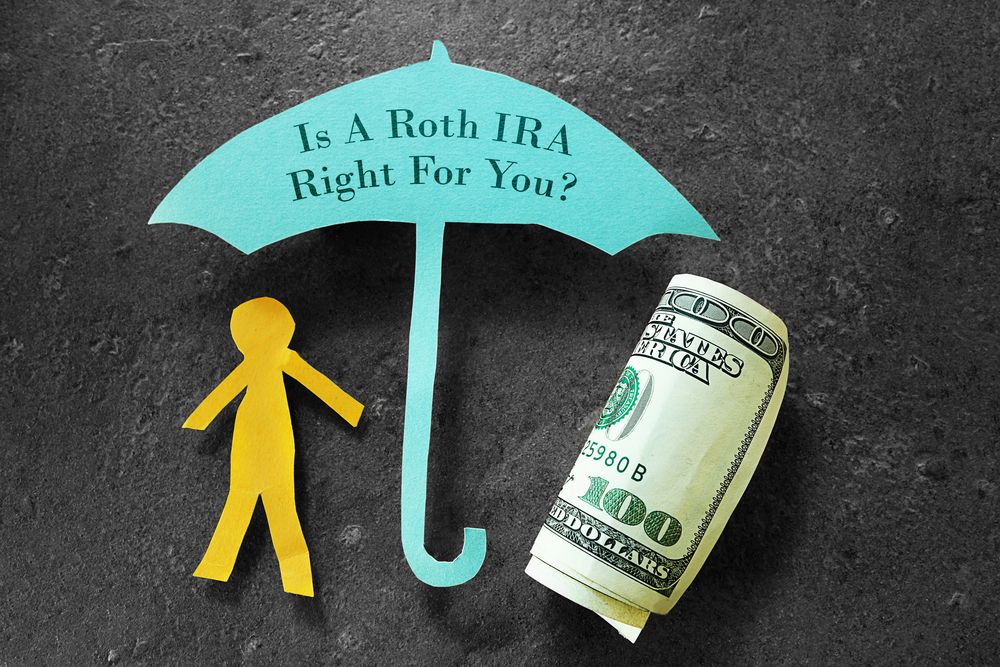5 steps to take now to cut your 2022 tax liability: Convert your traditional IRA to a Roth IRA

High inflation, rising interest rates, and a downturn in the stock market have all made for an eventful year. While there isn’t much you can do to change any of these financial aspects, you can influence how much your federal tax bill will be for the year. So here is the first of five pre-year-end planning ideas that could help you lower your tax obligation for 2022 or in the future: converting your traditional IRA to a Roth IRA.
Converting your traditional IRA to a Roth IRA
The down stock market could make this an incredibly lucrative time to convert all or some of the funds in a traditional pre-tax IRA to an after-tax Roth IRA. Roth accounts have several advantages over their conventional counterparts, even though you will have to pay income tax on the amount converted in 2022.
Roth IRAs, for instance, are exempt from required minimum distributions (RMDs), in contrast to standard IRAs. As a result, the growth of money in a Roth account is tax-free. In addition, qualified future distributions will also be tax-free. That is advantageous if you are at that point subject to higher tax rates because of RMDs or other income.
How does a Roth conversion benefit from the stock market’s dismal performance? For the same amount of tax liability, you can convert more shares than you could if your traditional IRA contained stocks or mutual funds that had appreciated significantly.
If you make less money this year and are consequently in a lower tax band, Roth conversions are also a good idea. For example, maybe you lost your job at the end of 2021 and only started working again this past summer. Or perhaps you’re retired but still need to start getting Social Security checks. You could save by making the switch before the end of the year.
Because converted funds are not technically contributions, you can currently use a Roth conversion as a workaround for the income restrictions on your ability to contribute to Roth IRAs – a backdoor Roth IRA. However, be advised that you cannot access the transferred funds without incurring fees if you are younger than 59.5.
Taking action now to cut your 2022 tax liability
Converting to a Roth will likely increase your adjusted gross income (AGI). As a result, it can affect whether you qualify for tax benefits that decrease in value as your AGI or modified adjusted gross income (MAGI) increases.
Many people have had difficult financial years and worry that the economy will last into the following year. But one thing is sure: everyone wants to pay less in taxes. So to get help with your year-end tax planning, contact our RRBB accountants and advisors today. Keep an eye out for the next four tips!
© 2022
RRBB eNEWSLETTER
Get free tax planning and financial advice




